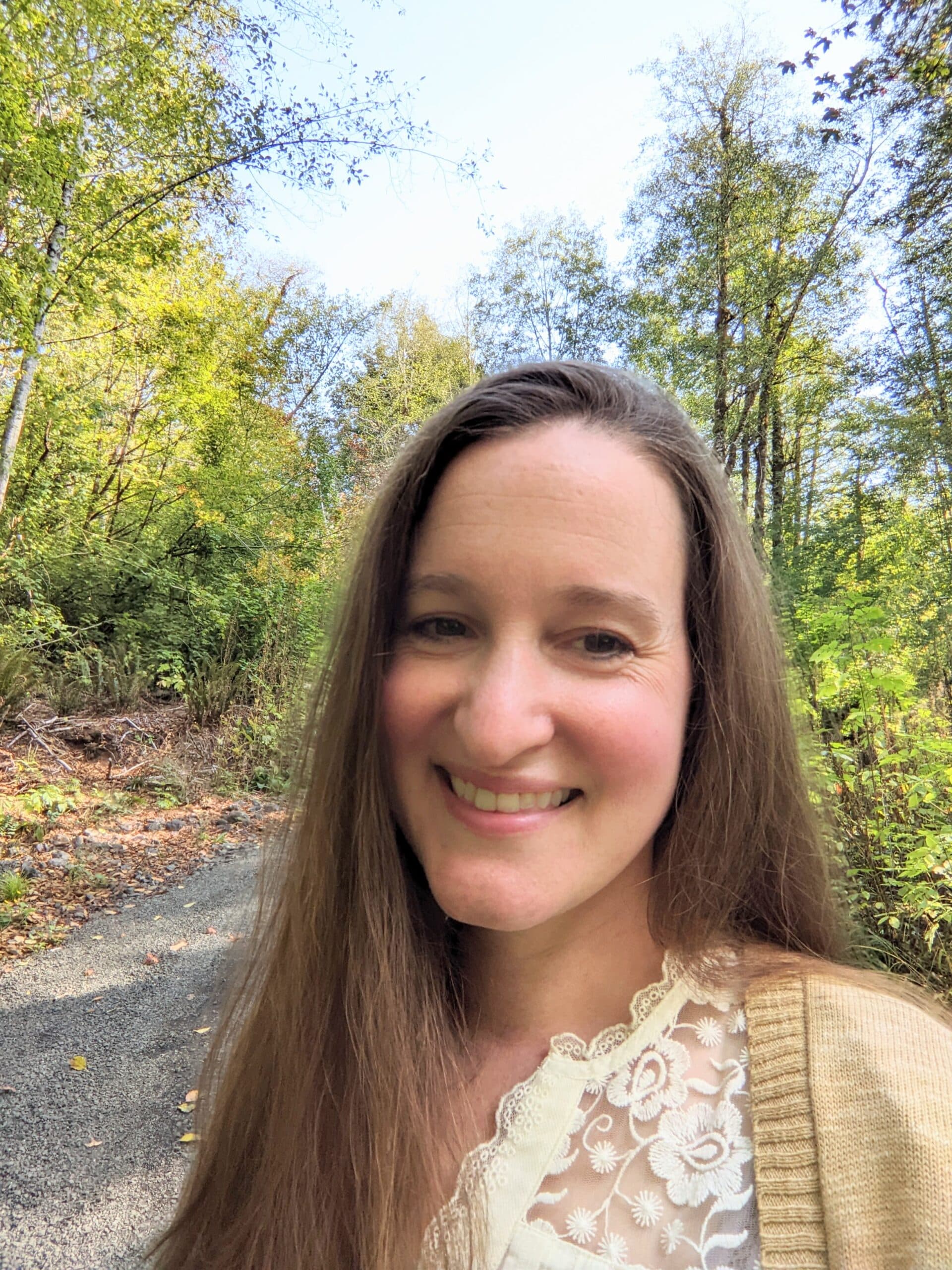
Lots of advice on the internet encourages authors to get their first draft as perfect as possible so that they have fewer revisions later, resulting in quicker turnover and less work. But when you focus on speed, you lose the one opportunity where you can do whatever you want. First drafts are not about analyzing and writing rules. First drafts are about discovering a book’s heart and soul.
What is the heart of your book?
The heart is the emotional resonance you develop with the reader through the characters and the story. You might attempt this before writing by completing questionnaires about your characters and plotting out every beat of your story. But the emotional connection comes from writing the first draft, where you truly learn who your characters are and what your story is about. Not just what your executive brain thinks it is.
It’s kind of like dating. You can learn some facts about them, and you may learn some things about their past and plans for the future, but only by hanging out with them and seeing how they act in situations can you truly understand them. It’s the same way with a first draft. By engaging with your characters in hard situations full of conflict, you’ll truly learn who your characters are and what the story is—the heart.
What is the soul of your book?
The soul is the depth of the story or otherwise called theme. Like with the heart of your story, the theme will develop as you write. You may have an idea at the beginning of what it might be, but by the time the first draft is done, it will be clearer.
This clarification happens because you focus on the characters and the story and don’t worry about perfect writing. You get engrossed in the characters and narrative, live and breathe it. When you are absorbed in the story and not thinking about writing craft, you will fill it with a thematic resonance derived from the story and characters and not forced by our executive functioning brain.
Does finding a book’s heart and soul mean you must be a pantser?
I’m not saying being a pantser is better than being a plotter. Both methods of writing and everything in between are valid. And which method you use depends on who you are and what works for you. So if you plot, great! If you don’t, that’s great too!
But no matter your chosen method, remember that “the first draft is a journey of discovery,” whether you plot or not. You will inevitably reveal things you would never have thought of before because you are learning your story and characters intimately through freewriting.
It takes a lot of words to find a book’s heart and soul
The first draft journey of discovery to find a book’s heart and soul is like Morning Pages. Morning Pages are a journaling technique by Julia Cameron from the book The artist’s way. In simplest terms, it is three pages of freewriting. The first page or two tends to be about what happened during the day, to-do lists, and problems. Then, by page three, deep, meaningful things come out.
All of that imperfect writing is the journey of discovery.
How are Morning Pages like a first draft? The first one to two pages is equivalent to any plotting done before you start writing. It’s all surface-level items and uses your executive brain, like a spreadsheet with everything broken down or a tiny idea for a story.
That third page of morning pages is equivalent to your first draft, where the hidden deep things emerge, and you get to the heart and soul of your story.
The key point is that it takes a lot of time and lots of words on the page before you really learn your characters and story. This includes everything you wrote in the first draft that does not make it into the final version. All of that imperfect writing is the journey of discovery.
In Summary
A book’s heart and soul will make a reader connect with your story. But you might risk losing readers if you skip that step in favor of speed and perfection. You will have plenty of time to make your story flawless. So don’t waste the one time you are allowed to do whatever you want by trying to make it perfect. Instead, relax, explore, and discover the heart and soul of your book.
